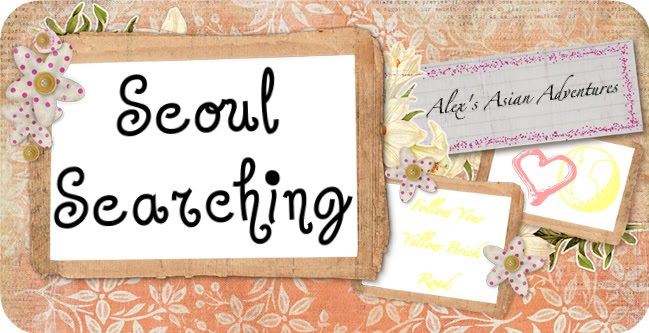Since you’ve relieved yourself, in the proper location, you should probably learn how to say “Thank you”, as you will undoubtedly be scattering this phrase throughout Korea. Let’s think about it- how many times do you say “Thank you” per day? Probably too many, but that’s beside the point.
Korean: 감사합니다
Korean Pronunciation: Kam sam ham ni da
English Meaning: Thank you (informal).
But, in a country where a caste system used to rule the land, it would be completely inappropriate to address your elders or your scary vice principal the same as you would a cheek-pinching, you’re-so-precious-I-want-to-adopt-you 2-year-old. So when your principal tells you that your boyfriend (who never works a full week, 감사합니다 the U.S. military) can help you teach on Friday, you politely bow and say:
Korean: 고맙습니다
Korean Pronunciation: Ko map sum ni da
English Meaning: Thank you (formal)
Try using this phrase on someone today- most people blurt out "Merci" or "Gracias", so you won't be weird, just different, and aren't we all trying to acheive that anyway?

No comments:
Post a Comment